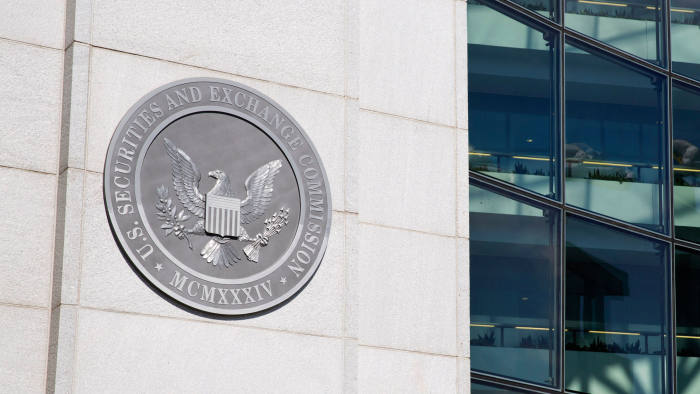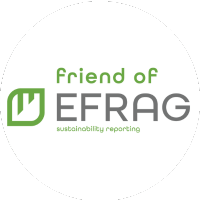
In short: There is broad and deep support for advancing mandatory, rigorous climate disclosure with the non-political motivation of protecting the future of the U.S. economy.
What is the threat, exactly? A long list of scientists, economists and government officials have made it clear that climate change could disrupt asset valuations, international financial markets and global economic stability.
A 2019 study from the National Bureau of Economic Research said that climate change’s impact on everything from farming to manufacturing could reduce the U.S. gross domestic product by 10.5 percent by the end of this century. The nonprofit Sustainability Accounting Standards Board has identified climate change as being a material risk factor for 68 out of 77 defined industry sectors.
A 2019 survey of 215 of the world’s 500 largest companies found nearly $1 trillion in reported climate-related financial risk.
What does the SEC think? Current SEC leadership, acknowledging doubts on whether disclosure requirements related to climate change adequately inform investors of both risks and opportunities, has already solicited public comment to guide rulemaking.
We have seen that disclosure can have a transformative impact on investment decisions. For example, the French central bank established a requirement for climate disclosures to certain categories of investors in 2016. After four years they found investments in fossil fuel companies declined within those categories by almost 40 percent, or 28 billion euros.
Measurement through disclosure is the first step in transparently sharing investment climate risk. American investors deserve to know the risks they face, and there is no greater systemic risk than climate change.
#climatechange #climaterisk #climateaction #netzero #esgreporting #tcfd
Next Steps
Contact ESG Playbook One platform. All the tools and frameworks you need for your ESG Reporting.
Follow Us



